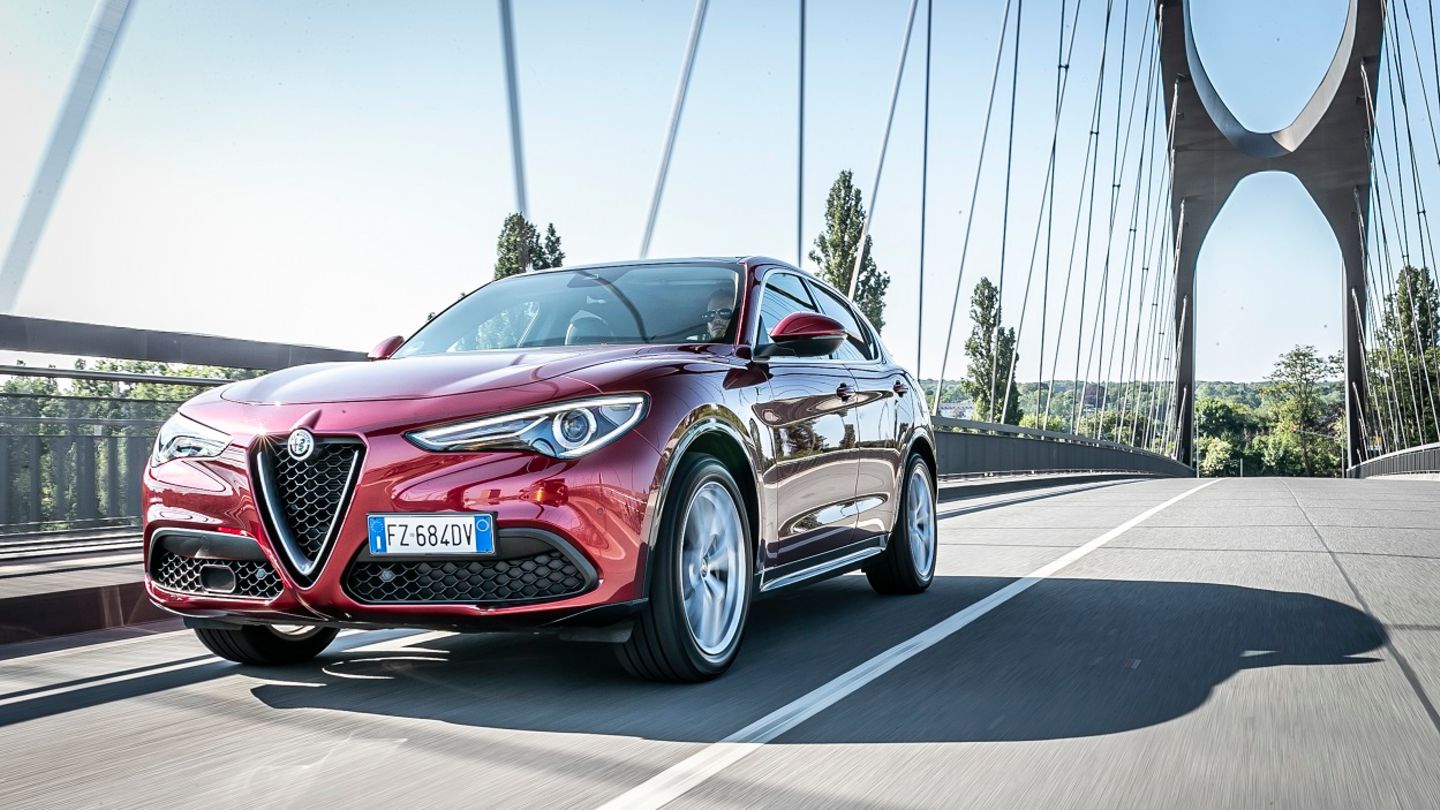15 million electric cars are expected to roll through Germany by 2030. But fewer and fewer new battery-powered vehicles are currently hitting the roads. Experts see the federal government as having a duty.
Germany is only making slow progress in ramping up electromobility on the roads. The number of newly registered battery cars (BEVs) has been decreasing for months. In March, only around 31,400 new cars with battery-electric drives came onto the road, as the Federal Motor Transport Authority announced. That was almost 29 percent less than in March of the previous year. According to the Association of the Automotive Industry (VDA), the number of newly registered electric cars fell by 14 percent in the entire first quarter of this year.
According to the KBA, the share of all new registrations in March was almost twelve percent. That was also significantly less than in the previous year: in March 2023, BEVs still accounted for almost 16 percent of all new registrations. A trend reversal is not in sight for the time being.
Little hope for 2024
“Little will happen on the electrical market this year,” said transport expert Constantin Gall from the consultancy EY on Thursday. “We expect sales to be at the same level as last year at best.” Manufacturers would rethink their investments in electromobility and put more money into the further development of the combustion engine.
Because electric cars are still more expensive to purchase than combustion engines, especially for many private individuals. Last year, the federal government supported the purchase of BEVs with the so-called environmental bonus. The government allocated 2.3 billion euros through the Climate and Transformation Fund (KTF) in 2023. This emerges from a report from the Ministry of Finance, which is available to the German Press Agency. But after the Federal Constitutional Court’s ruling, the government had to cancel billions in expenditure financed by the KTF.
State e-car funding has expired
The e-car subsidy for commercial users stopped in September last year, and then surprisingly for private users in December. The Association of International Motor Vehicle Manufacturers (VDIK) announced on Thursday that this had a lasting impact on customer trust in the BEV market. “The current discussions about a possible end to the combustion engine phase-out planned by the EU for 2035 are also counterproductive.”
The federal government actually wants at least 15 million battery-powered cars to be on the road in Germany by 2030. But this goal is currently becoming more and more distant. According to the Federal Motor Transport Authority, almost 1.41 million purely battery-operated electric vehicles were registered in Germany as of January 1st. Including 2024, almost two million new vehicles would have to be added every year to reach the self-imposed mark – or 162,000 per month.
Government called on to act
Agora Verkehrswende, a non-profit organization for scientific policy advice, had already called on the government to act in February. In order to help the electric motor get back on track, the association named a whole range of measures: “from renewed purchase bonuses to a more CO2-oriented taxation of motor vehicles, company cars and fuels, to minimum quotas for electric cars and a forced expansion of the charging infrastructure.” , as director Christian Hochfeld and his deputy Wiebke Zimmer wrote. “The first stage of the plan should take effect immediately because the market development to date is clearly not sufficient.”
It is not clear at the moment that politicians are returning to purchase premiums. “We are now seeing, not only in Germany, but everywhere, including in Europe, that electric vehicles are not being bought to the extent expected,” said Federal Transport Minister Volker Wissing (FDP) on Thursday in the ZDF “Morgenmagazin”. He reiterated his stance not to rely exclusively on electric cars for the transport transition. “We have a greater chance of achieving climate protection if we keep several technologies open,” said Wissing. He referred to drives such as hydrogen or synthetic fuels for combustion engines, so-called e-fuels.
E-fuels are urgently needed elsewhere
But these are viewed critically for car traffic. “The reference to e-fuels is misleading because this expensive and energy-intensive technology is needed where there is no climate-neutral alternative in the foreseeable future, especially in shipping and air traffic as well as in parts of industry,” write Hochfeld and Room from the Agora Verkehrswende. “For the time being, there will be no significant quantities of e-fuels at affordable prices for combustion cars.”
According to KBA, a total of 263,844 new cars came onto the road last month. That was around six percent less than in March of the previous year. More than 68 percent of new registrations were commercial.
Source: Stern




